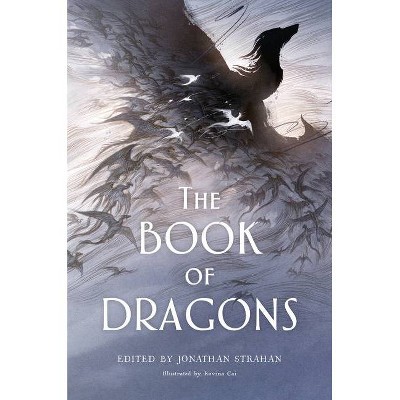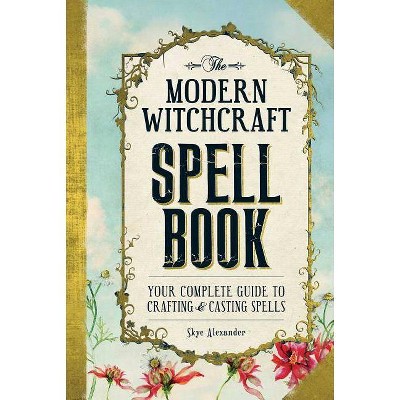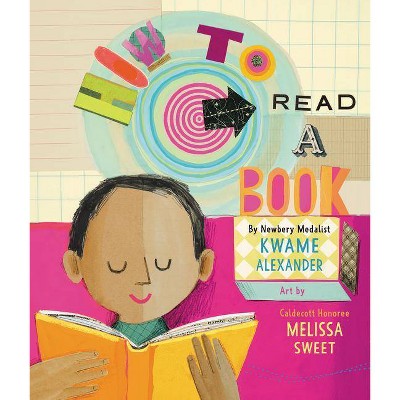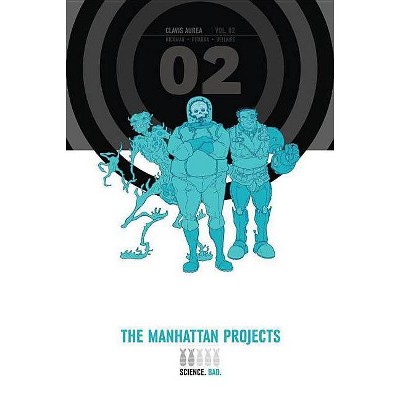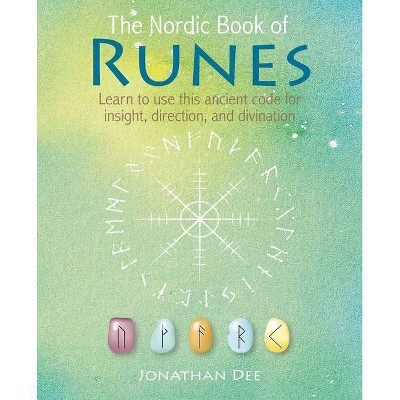Stroke Book - by Jonathan Alexander (Hardcover)
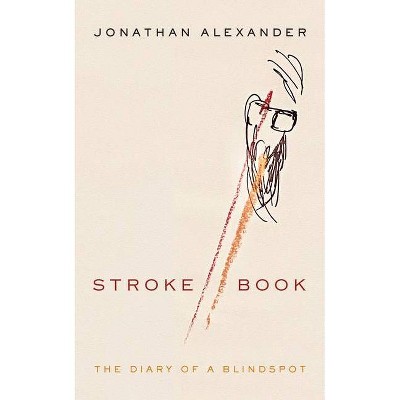
Similar Products
Products of same category from the store
AllProduct info
<p/><br></br><p><b> About the Book </b></p></br></br>"In the summer of 2019, Jonathan Alexander had a minor stroke, what his doctors called an "eye stroke." A small bit of cholesterol came loose from a vein in his neck and instead of shooting into his brain and causing damage, it lodged itself in a branch artery of his retina, resulting in a permanent blindspot in his right eye. In Stroke Book, Alexander recounts both the immediate aftermath of his health crisis, which marked deeper health concerns, as well as his experiences as a queer person subject to medical intervention. A pressure that the queer ill contend with is feeling at fault for their condition, of having somehow chosen illness as punishment for their queerness, however subconsciously. Queer people often experience psychic and somatic pressures that not only decrease their overall quality of life, but that can also lead to shorter lifespans. Emerging out of a medical emergency and a need to think and feel that crisis through the author's sexuality, changing sense of dis/ability, and experience of time, Stroke Book invites readers on a personal journey of facing a health crisis while trying to understand how one's sexual identity impacts and is impacted by that crisis. Piecing and stitching together his experience in a queered diary form, Alexander's lyrical prose documents his ongoing, unfolding experience in the aftermath of the stroke. Through the fracturing of his text, which almost mirrors his fractured sight post-stroke, the author grapples with his shifted experience of time, weaving in and out, while he tracks the aftermath of what he comes to call his "incident" and meditates on how a history of homophobic encounters can manifest in embodied forms. The book situates itself within a larger queer tradition of writing, first, about the body, then about the body unbecoming, and then yet further, about the body ongoing, even in the shadow of death. Stroke Book also documents the complexities of critique and imagination while holding open a space for dreaming, pleasure, intimacy, and the unexpected"--<p/><br></br><p><b> Book Synopsis </b></p></br></br><p><b>An archive of personal trauma that addresses how a culture still toxic to queer people </b><b>can reshape a body</b> <p/>In the summer of 2019, Jonathan Alexander had a minor stroke, what his doctors called an "eye stroke." A small bit of cholesterol came loose from a vein in his neck and instead of shooting into his brain and causing damage, it lodged itself in a branch artery of his retina, resulting in a permanent blindspot in his right eye. In <i>Stroke Book</i>, Alexander recounts both the immediate aftermath of his health crisis, which marked deeper health concerns, as well as his experiences as a queer person subject to medical intervention. <p/>A pressure that the queer ill contend with is feeling at fault for their condition, of having somehow chosen illness as punishment for their queerness, however subconsciously. Queer people often experience psychic and somatic pressures that not only decrease their overall quality of life but can also lead to shorter lifespans. Emerging out of a medical emergency and a need to think and feel that crisis through the author's sexuality, changing sense of dis/ability, and experience of time, <i>Stroke Book </i>invites readers on a personal journey of facing a health crisis while trying to understand how one's sexual identity affects and is affected by that crisis. Pieceing and stitching together his experience in a queered diary form, Alexander's lyrical prose documents his ongoing, unfolding experience in the aftermath of the stroke. Through the fracturing of his text, which almost mirrors his fractured sight post-stroke, the author grapples with his shifted experience of time, weaving in and out, while he tracks the aftermath of what he comes to call his "incident" and meditates on how a history of homophobic encounters can manifest in embodied forms. <p/>The book situates itself within a larger queer tradition of writing--first, about the body, then about the body unbecoming, and then, yet further, about the body ongoing, even in the shadow of death. <i>Stroke Book</i> also documents the complexities of critique and imagination while holding open a space for dreaming, pleasure, intimacy, and the unexpected.</p><p/><br></br><p><b> Review Quotes </b></p></br></br><br>Jonathan Alexander's <i>Stroke Book</i> is a fascinating auto-theoretical essay on illness and queer sexuality through the prism of his own health crisis that occurred after he had a minor stroke, causing visual impairment and anxiety about his own mortality. Alexander''s aphoristic style combines bits and pieces of phenomenological reflection with social and cultural analysis, creating a kaleidoscopic portal into the experience of stroke and its aftermath.<b>---Lisa Diedrich, author of Indirect Action: Schizophrenia, Epilepsy, AIDS and the Course of Health Activism, <i></i></b><br><br>Jonathan Alexander has given us an unexpected gift: an intimate performance of phenomenological writing that refuses the drive to process and package a life-altering experience of illness, embracing instead the daily imbrication of undependable vision, uncertain prognosis, and robust, resilient desire. Like the survival of its author in the wake of a sudden stroke, this book is a minor miracle.<b>---Patrick Anderson, author of Autobiography of a Disease, and So Much Wasted, <i></i></b><br><p/><br></br><p><b> About the Author </b></p></br></br><b>Jonathan Alexander </b>is a writer living in Southern California, where he is also professor of English at the University of California, Irvine. He is the author, co-author, or co-editor of sixteen previous books. His nonfiction has been widely published, especially in the <i>Los Angeles Review of Books</i>, and his critical memoir, <i>Creep: A Life, a Theory, an Apology</i>, was a finalist for the Lambda Literary Award.
Price History
Cheapest price in the interval: 19.95 on November 8, 2021
Most expensive price in the interval: 19.95 on December 20, 2021
Price Archive shows prices from various stores, lets you see history and find the cheapest. There is no actual sale on the website. For all support, inquiry and suggestion messages communication@pricearchive.us

